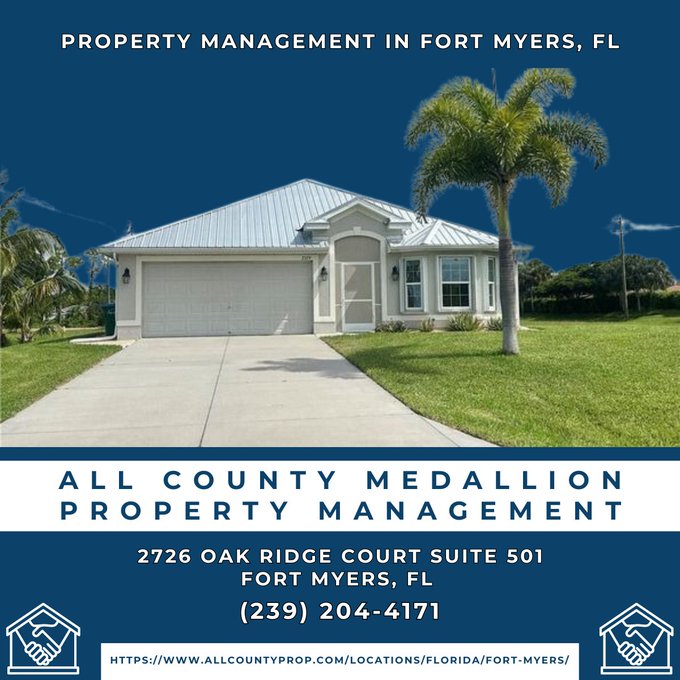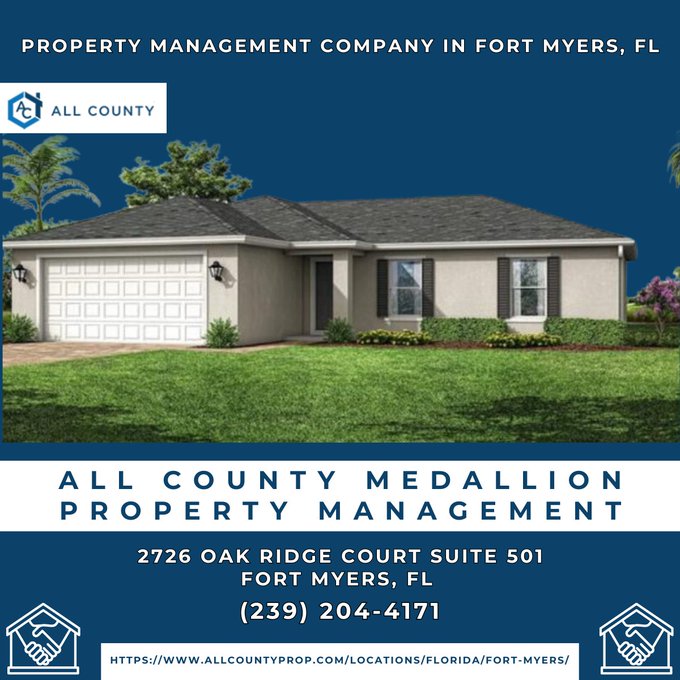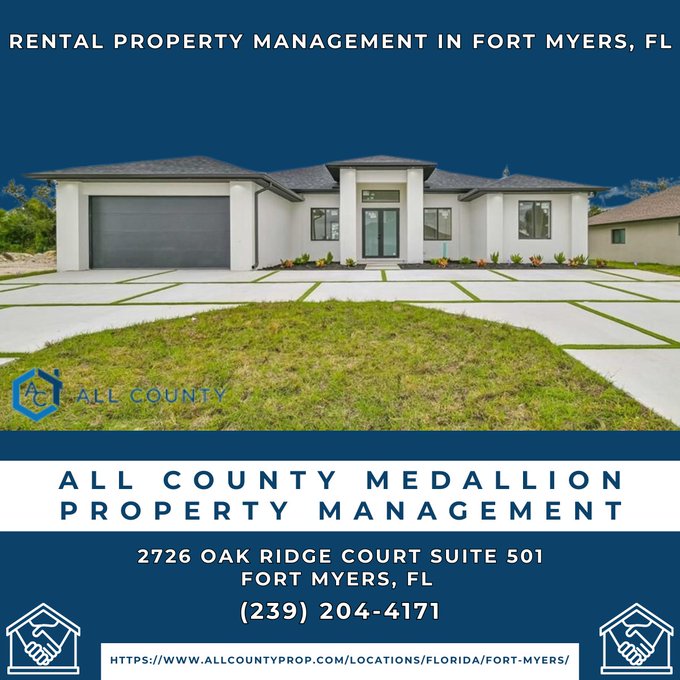Being a landlord can be both rewarding and challenging. As a first-time landlord, you might find yourself overwhelmed with the responsibilities that come with managing a rental property. To help you navigate these challenges, we’ll explore some common mistakes made by first-time landlords and how to avoid them.
Understanding the Role of a Landlord
What Does It Mean to Be a Landlord?
A landlord is an individual or entity that owns property and rents it out to tenants. This role entails various responsibilities including maintaining the https://www.facebook.com/AllCountyMedallionPropertyManagement/ property, ensuring tenant safety, collecting rent, and adhering to local property laws.
The Importance of Knowledge in Property Management
Navigating the world of property management requires knowledge of real estate laws, market trends, and tenant relations. Understanding these areas can prevent costly mistakes.
Common Mistakes Made by First-Time Landlords and How to Avoid Them
Skipping on Market Research
Most first-time landlords jump into renting their properties without proper market research. Researching the local market helps determine competitive rental prices and identify potential tenant demographics.
How to Avoid:
- Analyze comparable rental properties in your area. Use online platforms or consult local real estate professionals for insights.
Underestimating Costs
First-time landlords often underestimate the costs associated with property management. Expenses include repairs, maintenance, insurance, taxes, and property management fees.
How to Avoid:
- Create a detailed budget that includes all potential costs. Set aside funds for unexpected expenses.
Poor Tenant Screening
Allowing just anyone into your property can lead to disastrous consequences. Many new landlords fail to conduct thorough background checks which can result in problematic tenants.
How to Avoid:
- Implement a strict screening process that examines credit history, employment verification, and previous rental behavior. Consider using professional screening services for a comprehensive evaluation.
Neglecting Legal Obligations
It’s essential for landlords to understand local laws related to tenancy agreements, eviction processes, and housing codes. Ignoring these obligations can lead to legal troubles.
How to Avoid:
- Familiarize yourself with federal, state, and local landlord-tenant laws. Consult with an attorney if unsure about specific legal requirements.
Forgetting About Maintenance
Many novice landlords assume everything will run smoothly after securing tenants. However, neglecting regular maintenance can lead to larger issues down the line.
How to Avoid:
- Schedule regular inspections of your property. Respond promptly to tenant repair requests.
The Financial Aspects of Property Management
What is the Average Property Management Fee in Florida?
In Florida, the average property management fee typically ranges from 8% to 12% of the monthly rent collected. This fee encompasses various services including tenant placement and ongoing management duties.
What is a Good Management Fee?
A good management fee generally falls between 8% - 10% of monthly rent. However, it’s essential to weigh this against the quality of services provided before making a decision.
What is the Most Common Payment for a Property Manager?
Most property managers prefer receiving their fees as a percentage of collected rents rather than flat fees or hourly rates since it aligns their interests with those of landlords—both parties benefit when occupancy levels are high.
Understanding Property Management Companies
Who are the Top 10 Property Management Companies?
Greystar Real Estate Partners Lincoln Property Company CBRE Group JLL (Jones Lang LaSalle) Cushman & Wakefield AvalonBay Communities Equity Residential Trammell Crow Residential Fairfield Residential Related CompaniesThese companies are recognized for their comprehensive services in managing residential units efficiently across various markets.
Why is There High Demand for Property Managers in Florida?
Florida's booming real estate market has led to an increased demand for property managers who can effectively handle multiple properties across different locations while ensuring compliance with regulations and providing excellent tenant service.
Licensing Requirements
Do I Need a License to Be a Property Manager in Florida?
Yes! In Florida, property managers must have an active real estate license unless they work under someone who holds one or manage properties owned by themselves or immediate family members.
Can I Manage My Own Property in Florida?
Absolutely! You can manage your own rental properties without needing a license as long as you're not acting on behalf of others or managing multiple properties simultaneously without proper licensing.
Payment Structures in Property Management
What Percent Do Most Property Management Companies Take?
Most property management companies take about 8% - 12% of the collected rent as their fee which varies based on location and specific services offered.
How Much Does Property Management Charge in the US?
Property management fees vary widely across different states but typically range from 8% - 12% depending on factors like location, type of property managed, and specific services included in the contract.
The Responsibilities of A Good Property Manager
What is The Biggest Responsibility For Property Management?
The primary responsibility is ensuring that both tenants' needs are met while maintaining compliance with all local laws governing rental practices including lease agreements and eviction procedures.
Earning Potential for Property Managers
How Much Does A Certified Property Manager Make In Florida?
On average, certified property managers earn between $50,000 - $80,000 annually depending on experience level and size/complexity of managed properties within Florida's diverse markets.
Real Estate Companies Ranking
Who Is The Largest Property Manager In The US?
Greystar Real Estate Partners holds this title due to its expansive portfolio encompassing thousands of residential units across the country while providing exceptional service standards within its operations framework.
FAQs
1. What is the average property management fee in Florida?
The average fee ranges from 8% - 12% of monthly rent.
2. Do I need a license to be a property manager in Florida?
Yes, unless you manage your own properties directly.
3. Why is there high demand for property managers in Florida?
Due to its booming real estate market requiring efficient management solutions.
4. How much does property management charge in other states?
Charges typically range from 8%-12%, varying by state.
5. Can I manage my own investment properties without licensing?
Yes! As long as you’re managing only your personal holdings.
6. How much does a certified property manager make annually?
In Florida approximately $50k-$80k depending on experience.
Conclusion
Becoming a landlord doesn’t have to be daunting; learning about common mistakes made by first-time landlords can greatly enhance your chances for success while avoiding pitfalls along the way! By focusing on education regarding legalities involved along with understanding financial aspects—like typical fees charged—you will build confidence that helps ensure profitable investments over time without unnecessary headaches caused by missteps often encountered during initial experiences managing rentals!
So remember: knowledge is power! Embrace each step toward becoming your best self as an informed investor ready tackle whatever challenges arise head-on!


